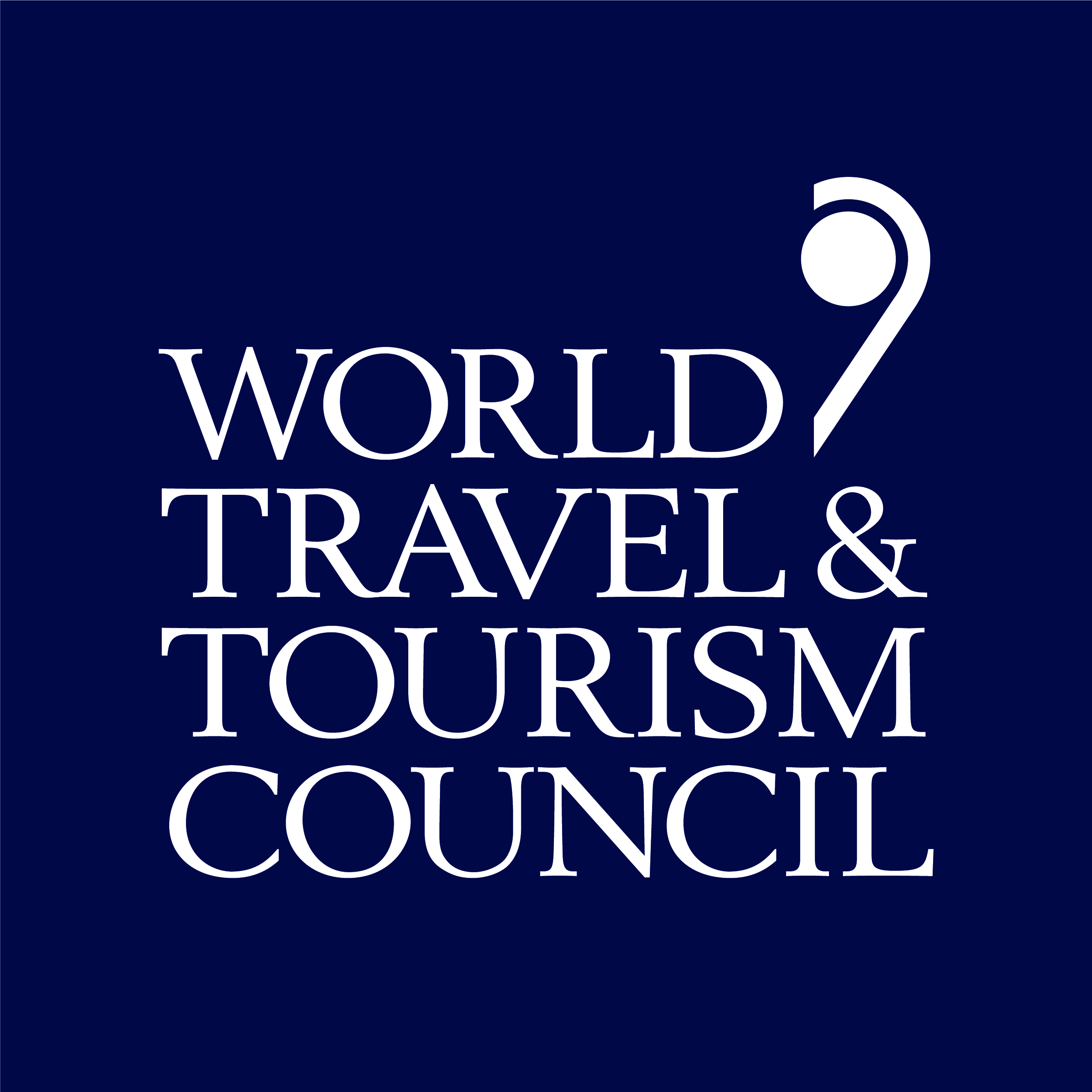Nature, SMEs, and tourism: Creating sustainable pathways within the sector
.png)
In today's business environment, understanding the intricate relationships between business operations and nature is crucial. Every business, including small and medium enterprises (SMEs) rely on various natural resources and services, and in turn, their activities significantly impact the environment. Identifying these dependencies and impacts is the first step towards developing sustainable practices that can mitigate negative effects and enhance positive interactions with nature.
Mapping dependencies and solutions
Biodiversity Impact: The Travel & Tourism sector depends significantly on natural landscapes, wildlife, and ecosystems, which serve as major attractions for tourists. This dependency, however, often leads to environmental degradation, such as habitat destruction and biodiversity loss due to over-tourism.
Sign in to access actionable insights
In today's business environment, understanding the intricate relationships between business operations and nature is crucial. Every business, including small and medium enterprises (SMEs) rely on various natural resources and services, and in turn, their activities significantly impact the environment. Identifying these dependencies and impacts is the first step towards developing sustainable practices that can mitigate negative effects and enhance positive interactions with nature.
Mapping dependencies and solutions
Biodiversity Impact: The Travel & Tourism sector depends significantly on natural landscapes, wildlife, and ecosystems, which serve as major attractions for tourists. This dependency, however, often leads to environmental degradation, such as habitat destruction and biodiversity loss due to over-tourism.
Sustainable Solution: To address these issues, implementing visitor limits and promoting off-season travel can help reduce the pressure on natural attractions.
Water Impact: Tourism operations, including hotels, resorts, and recreational activities, heavily depend on local water resources for various needs such as swimming pools, landscaping, and guest services. This can lead to water shortage for local communities and ecosystems.
Sustainable Solution: Sustainable water management practices, such as installing water-saving fixtures, using recycled water for landscaping, and educating guests on water conservation, can mitigate these impacts.
Energy Impact: Energy is a critical dependency for the sector, powering hotels, transportation, and various tourist facilities. However, the tourism sector’s reliance on traditional energy sources, particularly fossil fuels, contributes significantly to greenhouse gas emissions and environmental degradation. From the carbon footprint of air travel to the excessive energy consumption in luxury hotels, the sector’s energy demands often strain local resources, increase pollution, and accelerate climate change. Without sustainable energy solutions, this dependency threatens not only ecosystems but also the long-term viability of tourism destinations.
Sustainable Solution: Adopting renewable energy sources, such as solar or wind power, and improving energy efficiency through LED lighting and smart HVAC systems can reduce the sector's carbon footprint. Encouraging guests to participate in energy-saving programs can also help lower overall energy consumption.
Transportation Impact: Furthermore, transportation infrastructure, including roads, airports, and ports, is essential for the sector. For example, increased air travel and road traffic can lead to significant carbon emissions and disruption of wildlife habitats.
Sustainable Solution: Promoting sustainable transportation options, such as electric buses, bicycles, and walking tours, can help reduce emissions.
Waste Impact: Tourism activities generate substantial amounts of waste, including plastic, food waste, and general refuse. This dependency on waste management facilities often leads to pollution and landfill overuse.
Sustainable Solution: Switching to recyclable and reusable products such as linens and glassware can have a huge impact on the amount of waste produced. Additionally, sourcing locally produced goods and fresh produce can reduce transportation emissions and support local economies. Incorporating composting systems to manage food waste minimises landfill contributions and turns waste into valuable organic material that can enrich soil for local farms. By adopting these practices, businesses can significantly cut down on their environmental footprint while fostering a circular economy within the community.
Sustainable practices to mitigate impacts
By mapping out the dependencies and impacts of Travel & Tourism operations on nature, the sector can better understand its environmental footprint. Implementing sustainable practices across all stages of the value chain can significantly mitigate negative impacts and enhance positive interactions with the environment. This approach not only ensures the long-term viability of natural resources but also promotes a positive brand image and compliance with environmental regulations. SMEs that prioritise sustainability can flourish in a world where environmental stewardship is becoming increasingly critical.


















